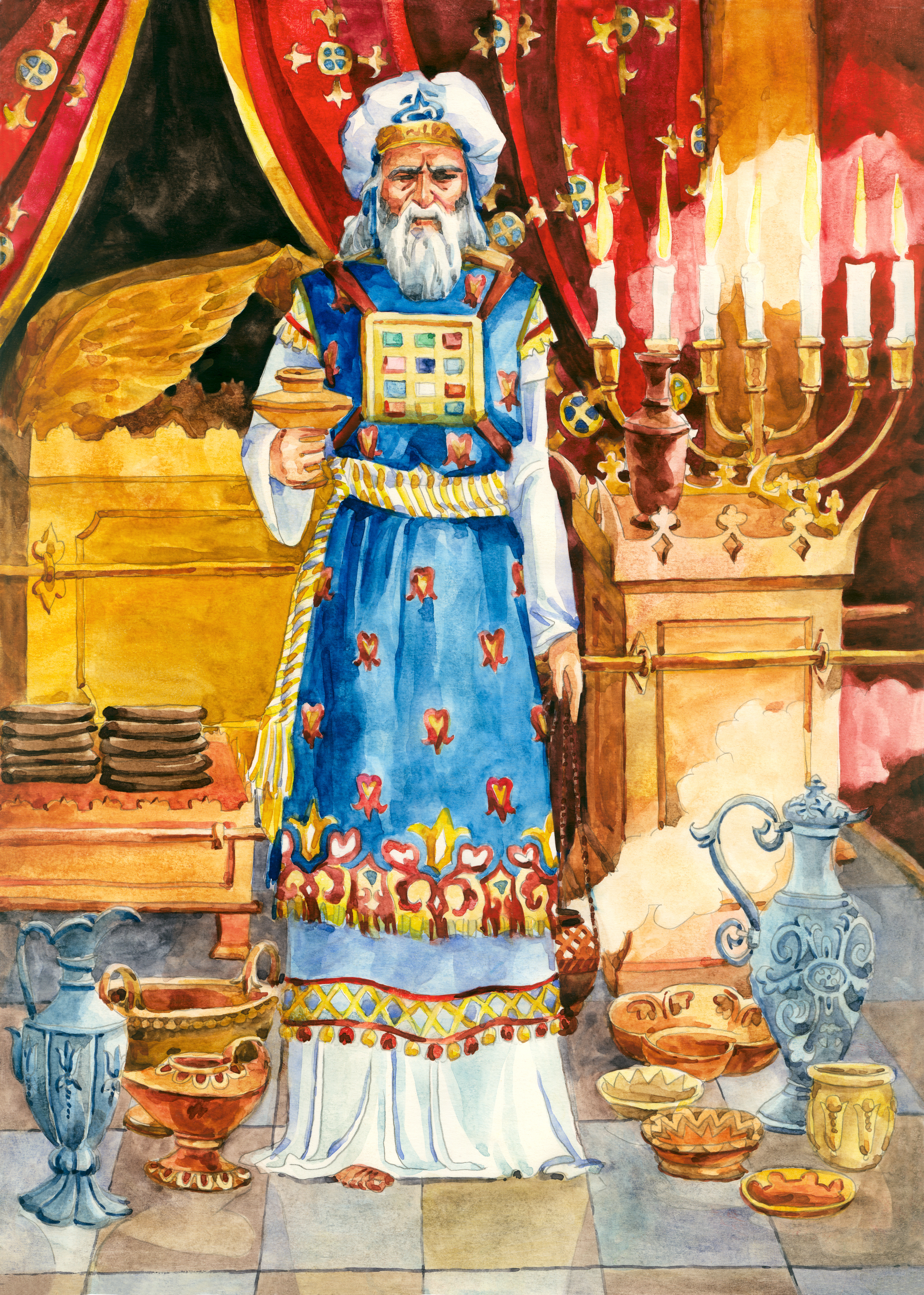Matthew 5:43–48, Loving one’s enemies vs. the imprecatory psalms of David. In the Davidic psalms, David writes numerous imprecations against his enemies where he implored Elohim to destroy his enemies (e.g. Ps 5:10; 6:10; 7:9; 35:26; 40:14; 55:15; 58:6–8…). How could a man after YHVH’s own heart wish so much ill upon those people intending his harm? How does this comport with Yeshua’s instructions hear to love your enemies and to treat them well? On second look, David’s imprecatory psalms may not be as incongruous with Yeshua’s teachings in his Sermon on the Mount as it may seem. Here are several points to consider in this regard.
All of David’s desires upon his enemies are directed to Elohim in the form of a prayer. As such, he is submitting his wishes to the ultimate will of the just and righteous Judge of the universe to have his way with David’s enemies.
David isn’t expressing his desires upon his enemies to his enemies. Rather, the issue is a matter of prayer, not direct confrontation.
The Bible clearly teaches in countless places that Elohim will bring judgment upon his wicked enemies. That judgment comes in many ways and many time frames. Some judgment is temporal, some is eternal.
The Bible also teaches that Elohim will repay his enemies for the evil they have done. They will reap the consequences of their sinful actions. In fact, Elohim even hates some of his enemies—the workers of iniquity (e.g. Pss 5:5; 11:5).
A case can be made from the Scriptures that the righteous are to hate the things that Elohim hates and love the things that he loves. In one place, David even talks about hating the enemies of Elohim with a perfect hatred (Ps 139:22).
So, in a general sense, the saint is to hate the workers of iniquity, the haters of Elohim and his ways. But it is not the prerogative of the saint to take matters into his own hands to execute judgment against his enemies. Scripture declares that vengeance alone belongs to Elohim, and he will repay (Ps 94:1; Rom 12:9).
Until then, we are to love our enemies when dealing with them face to face as Yeshua instructs here, and we are to even bless them and pray for them. Why is this? Praying for our enemies may or may not change their demeanor toward us or their persecuting us, but it will keep us from walking in unforgiveness, from becoming embittered, vengeful and hateful ourselves. By releasing them to YHVH to do what he will with them in his own time and way, we are freeing ourselves from negativity or the evil darkness that our enemies may unwittingly by trying to impose on us, which will blotch or taint our own soul with spiritual darkness.
There may, however, come a time when our enemies are so cruel, hateful and wicked that it is appropriate to pray an imprecatory prayer against them in the manner of David, who was often fighting for his life at the hand of his enemies. As we read in Ecclesiastes chapter three
To everything there is a season, A time for every purpose under heaven…And a time to heal; A time to break down…A time to love, And a time to hate; A time of war, And a time of peace. (Eccl 3:1, 3, 8).
May YHVH grant us the wisdom through the guidance of his Spirit to know what to do and when at all times.




